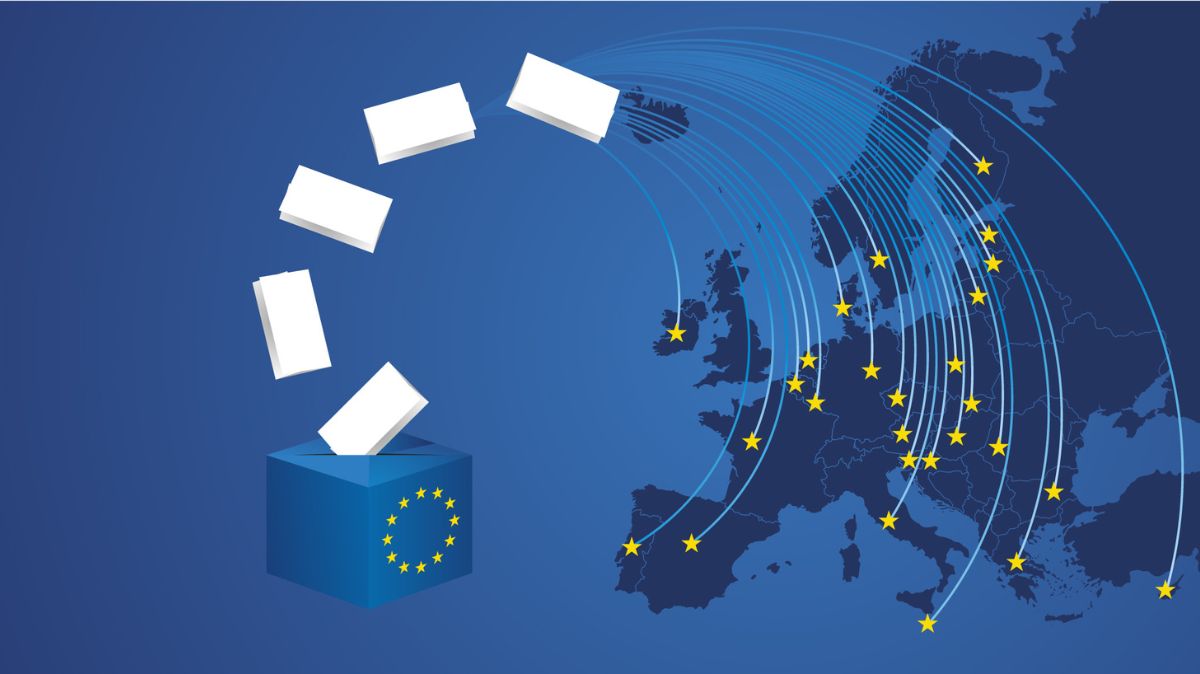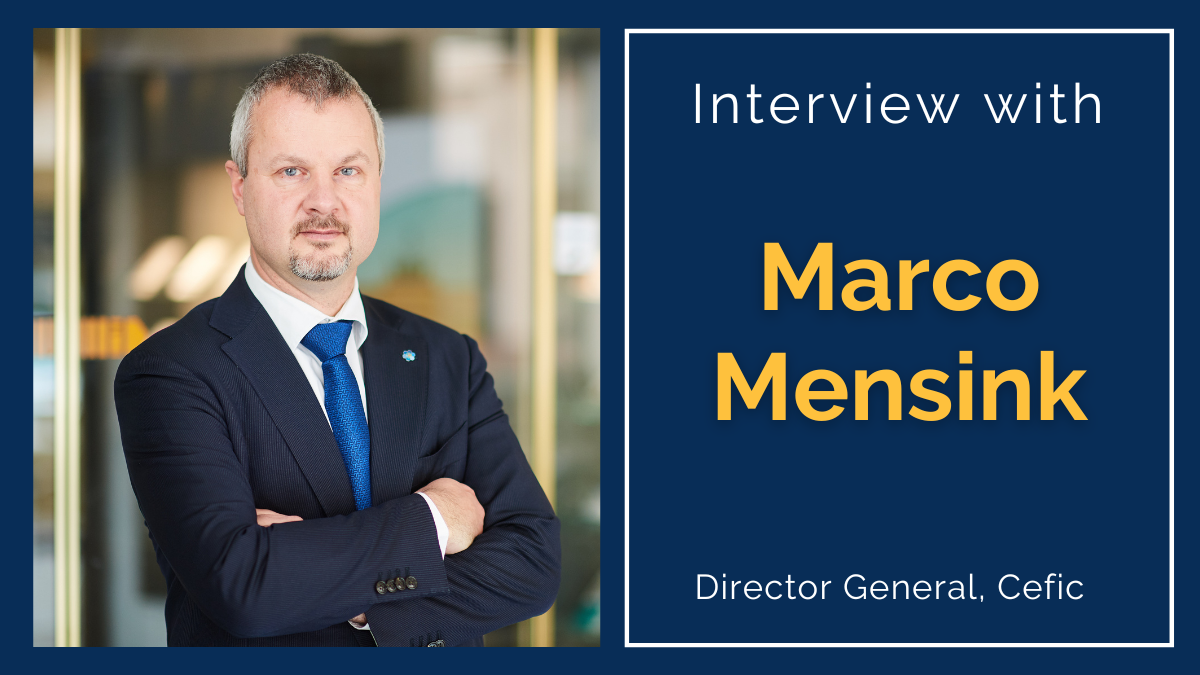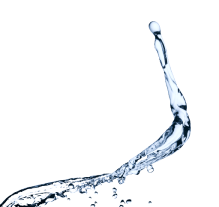You recently joined WE board as a board member in college A ‘Multinational Corporations’- Could you tell us what drives you personally to have this role at Water Europe? What do you want to achieve?
The water sector has to reinvent itself for European society to face climate change, population migrations etc. Policy makers still have a habit to look at water as an adjustment factor once all other policies are decided upon, but Europe sees the pressure building up on national and local governments to ensure the society and environment will have sufficient water of sufficient quality, and this is far from being granted. I want to work with the board to find ways to fast-track water innovation in the EU agenda.
Representing the corporations’ side, which ones do you consider the key challenges and the most burning needs of your college and how will you contribute to addressing these in the context of Water Europe?
Changes within corporations, including building new plants etc. can be a matter of a few years. When it comes to public decisions and their deployment, the usual span is ten years, or more. The key challenge is to develop hybrid processes that fully respect the public debate and decision making and taps into the corporate agility to make it happen.
How important is it for multinational corporations to be involved in European affairs and have a platform for networking with other progressive and innovative water actors?
Veolia was created in France more than a century ago but most of its activity is now outside, including in countries where global change hits hard, with water scarcity or massive pollution. And the colleagues in the Board equally witness what happens elsewhere on the globe, so we have a collective knowledge which gives us the suitable credibility to be involved in European affairs with a view to copy and adapt the most promising solutions.
A water-smart society is a society where the true value of water is recognised and realised. Based on your experience, which are the obstacles we need to overcome and which actions shall we prioritise to make this happen?
The linear economy where we produce, consume and dump, has more than reached the limits of what ecosystems and resources can endure. The obstacle to overcome is for water professionals to become change-managers, and to request from national authorities to evolve frameworks to change swiftly, admitting that the balance struck years ago, for example to share water, may prove insufficient to manage scarcity. The bright side is that the technologies, with a great deal of digitalization, IA etc, enables efficiency gains, with a transparency level which yields confidence.




